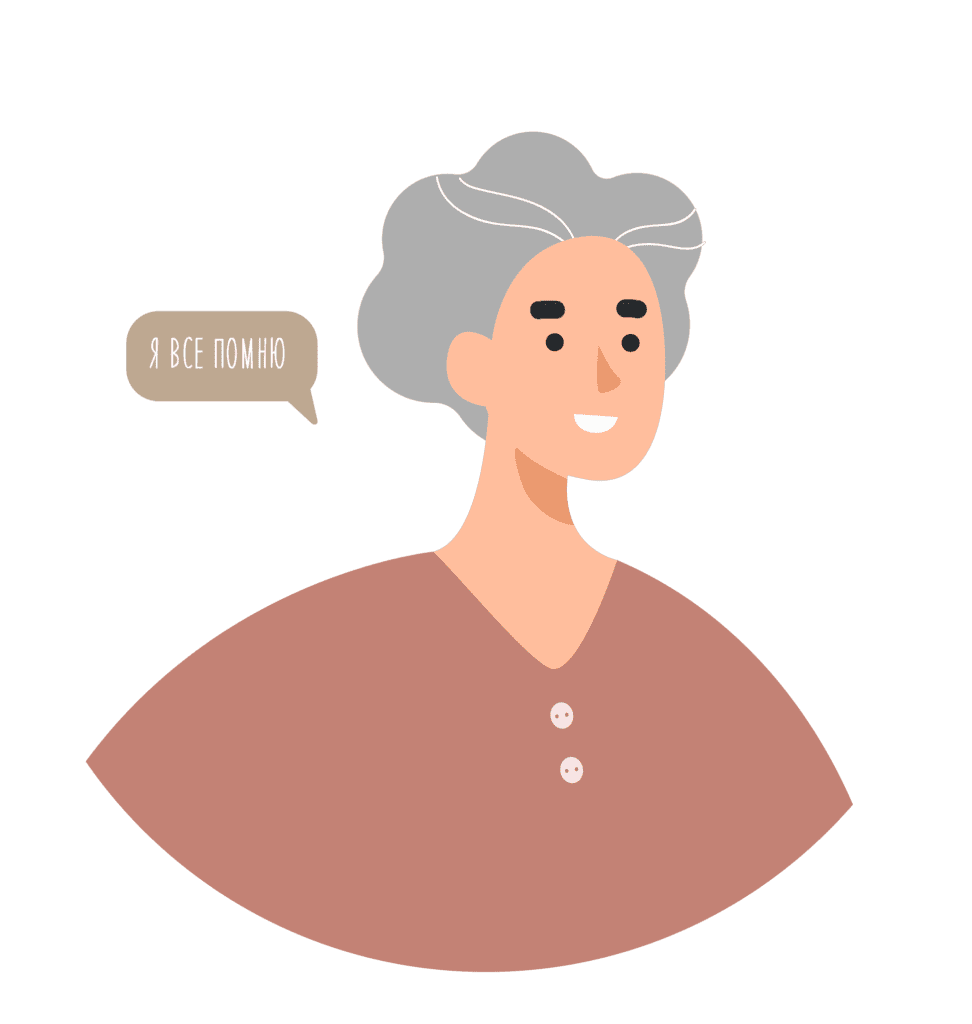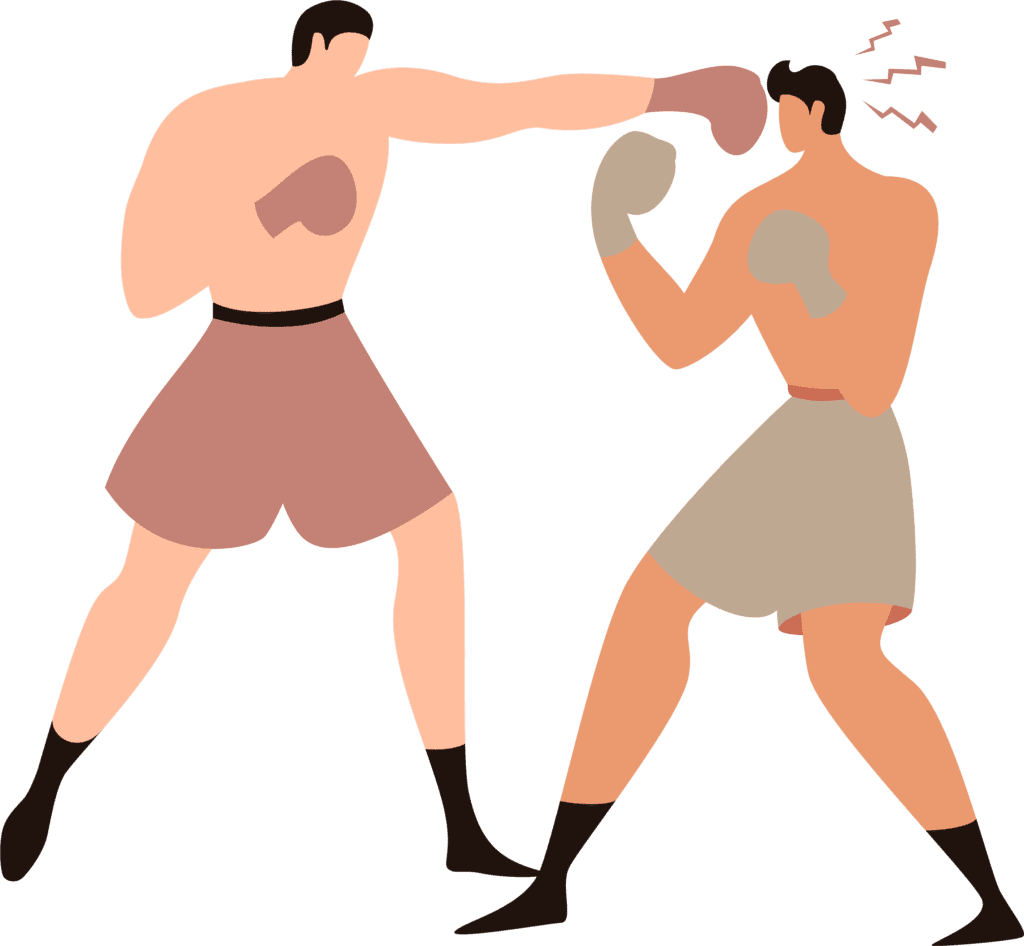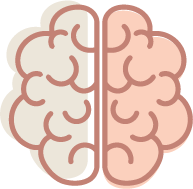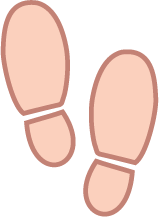APOE gene test reveals your risks of Alzheimer's disease and complications from head injuries

A disorder in the APOE gene increases the risk of Alzheimer's disease from age 60 by a factor of 10!

The APOE gene encodes the production of the apolipoprotein E protein.
Apolipoprotein E (APOE) is the most important protein involved in blood lipid metabolism and cholesterol metabolism in the brain (and some other organs). The APOE gene is considered a leading marker in determining genetic predisposition to Alzheimer's disease. Alzheimer's disease is a disease in which the brain loses function due to cell death and disruption of neuronal connections.
The AROE gene is also being tested for genetic predisposition to
- myocardial infarction
- Hypercholesterolemia
- memory impairment in the elderly
- rheumatoid sclerosis
- dementia
- has prognostic value in craniocerebral injuries


ANALYSIS IS RECOMMENDED
- If there is Alzheimer's disease in close relatives
- Professional athletes, if the sport involves head injuries (boxing, soccer)
- in traumatic brain injuries
- with impaired memory
- in lipid metabolism disorders
- for cardiovascular pathologies (heart attacks, strokes, ischemia, vascular atherosclerosis)
The APOE gene is a marker for the development of traumatic encephalopathy in athletes.

Traumatic encephalopathy is a complex of neurological and mental disorders occurring in the late or distant period of craniocerebral trauma.It is caused by degenerative, dystrophic, atrophic and scarring changes in brain tissue due to trauma.
It is not uncommon for people to get this disease, boxing, martial arts, soccer, hockey, rugby, and equestrian sports.
Exposure to the disease has been found to depend on the polymorphism of the apolipoprotein E (APOE) gene, which is involved in blood lipid metabolism and in brain cholesterol metabolism.APOE 4 is associated with elevated blood cholesterol levels and a delay in neuronal regeneration, which is one of the main genetic markers for the development of Alzheimer's disease. The APOE 4 allele has been shown to be associated with disease severity in boxers with traumatic encephalopathy.
In addition, it was found that among 77 brain-injured patients, carriers of the APOE 4 allele showed worse results in a number of tests (conducted 6 months after injury) related to memory, coordination of movement, motor reaction speed, attention, etc. compared to carriers of other alleles.
Thus, athletes with APOE 2 and APOE 4 alleles are at risk for traumatic encephalopathy, and this should be considered when choosing a sport.
WHAT'S THE RESULT?
depending on the gene variant, you can find out your risks.
| APOE E3/E3 | APOE E2/E2 | APOE E2/E3 | APOE E3/E4 |
APOE E3/E4 |
APOE E4/E4 |
|
| rs429358 | T/T | T/T | T/T | C/T | C/T | C/C |
| rs7412 | C/C | T/T | C/T | C/T | C/C | C/C |
| no risk | low risk | low risk | medium risk | increased risk (2-3 times) | high risk (10-12 times) | |
| GLOBAL INCIDENCE |   |
  |
  |
|||
![]()
![]()
Depending on the genotype, the doctor will be able to predict the risk of developing type 3 hyperlipoproteinemia, elevated cholesterol levels, triglycerides, atherosclerosis and its complications, and Alzheimer's disease .
Interpretation of the study results should be performed by a physician in conjunction with other genetic, anamnestic, clinical, and laboratory data.
Alzheimer's Disease can be prevented!
Alzheimer's disease is an incurable disease. To date, there are no effective drugs that can slow the progression of the disease.
BUT there are effective methods to reduce the likelihood of developing this disease, delay its onset, and slow the rate of progression.
High cholesterol and hypertension are two of the most significant risk factors for Alzheimer's disease.By normalizing blood lipid levels and blood pressure, you can significantly reduce the likelihood of developing the disease.
RECOMMENDATIONS
for the prevention of Alzheimer's disease


Regular mental activity: continuous learning, such as mastering foreign languages, leisure activities associated with mental activity (reading, playing a musical instrument, playing chess).


Social activity - participation in society, interaction with people. An active social life and maintaining close relationships with other people reduces the risk of Alzheimer's disease.


A healthy diet, in particular sufficient fiber (fruits, vegetables, cereals) and omega-3 fats (oily ocean fish such as trout, salmon, pink salmon, flaxseed oil).



Regular physical activity (daily walks of at least 20 minutes).



Protecting your head from injury. Head injuries, at any age, have been shown to significantly increase the risk of Alzheimer's disease.


Observance of the day and sleep regime, absence of chronic inflammatory diseases and injuries slows down the development of the disease.
HOW TO TAKE THE TEST?
01
SIGN UP NOW
blood from a vein or buccal epithelium (saliva) in a way that is convenient for you:
02
PAY
In cash, online, by card or via bank
03
SCORE
pick up in person/mail/texting in 5 business days
CONTACT
24,700 tenge
The test is done once in a lifetime
TIMES
7
business days
Find out if you have the RISK of developing this disease and adjust your lifestyle to minimize your risk.




